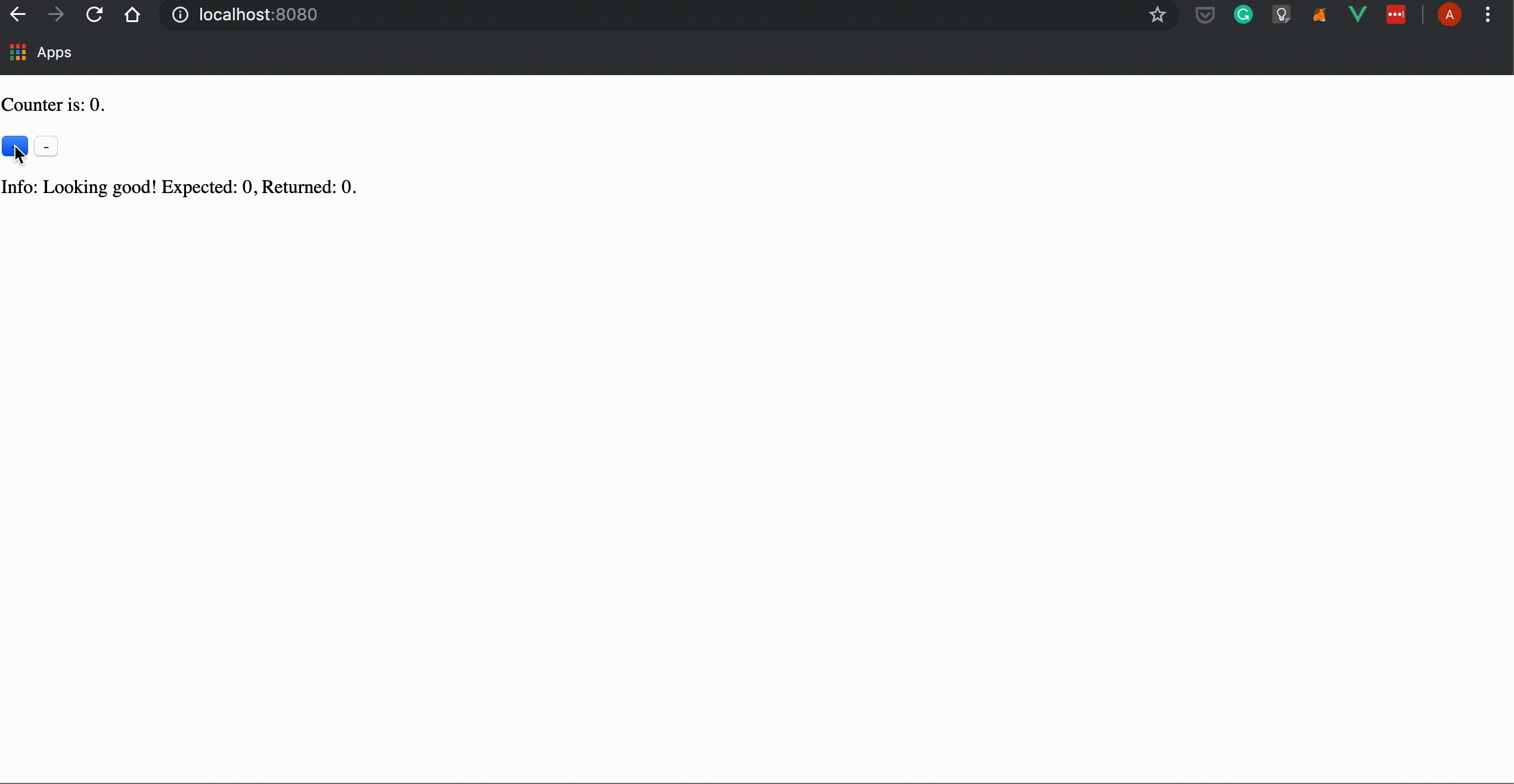

To get started with Solidity + Truffle
See our tutorial on Truffle and Solidity
To get started with Golang Contracts
See our Golang Contracts
To get started with universal transaction signing
Basechain has the ability to verify and accept transactions signed by native Ethereum wallets. In a nutshell, users can simply use their MetaMask account or any other native Ethereum wallet — further blending the line between Layer 1 and Layer 2.
In the next sections, we'll briefly walk you through the setup required to enable universal transaction signing in your app.
Connecting to Basechain
The first thing we want to do is to instantiate a new Client:
this.client = new Client(
this.chainId,
this.writeUrl,
this.readUrl
)
Once the client gets instantiated, we must force personal sign by pretending to be MetaMask no matter what the web3 provider actually is:
let provider = this.web3js.currentProvider
provider.isMetaMask = true
const ethersProvider = new ethers.providers.Web3Provider(provider)
Next, let's call the createDefaultTxMiddleware function as follows:
this.client.txMiddleware = createDefaultTxMiddleware(this.client, privateKey)
This allows us to create the default set of tx middleware required to successfully commit transactions to Loom.
Configuring LoomProvider
Now, we want to instantiate and configure LoomProvider:
this.loomProvider = new LoomProvider(this.client, privateKey)
this.loomProvider.callerChainId = this.callerChainId
this.loomProvider.setMiddlewaresForAddress(to.local.toString(), [
new NonceTxMiddleware(
new Address(this.callerChainId, LocalAddress.fromHexString(this.ethAddress)),
this.client
),
new SignedEthTxMiddleware(signer)
])
Note that we're using the SignedEthTxMiddleware which lets us sign transactions via an Ethereum compatible wallet like Metamask.
Instantianting the contract
For the scope of this example, we are using the SimpleStore smart contract. Instantiating it is as simple as:
const web3 = new Web3(this.loomProvider)
this.contract = new web3.eth.Contract(SimpleStoreJSON.abi, SimpleStoreJSON.networks[this.networkId].address)
Universal transaction signing in action
Now, to execute the set method of our smart contract, we can do something like this:
await this.contract.methods
.set(value)
.send({
from: this.ethAddress
})
If everything works well you should see a Metamask popup asking you to confirm the transaction:

Note that you just signed transactions on Loom without even accessing your eth wallet keys😉.
Demo Project
We've built a small demo project to showcase this functionality. The source code is available here.
Other Wallets
If you use Portis or Fortmatic, head over to this page.